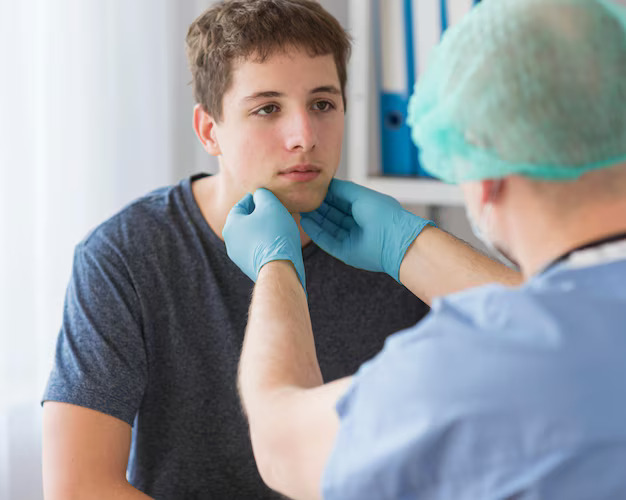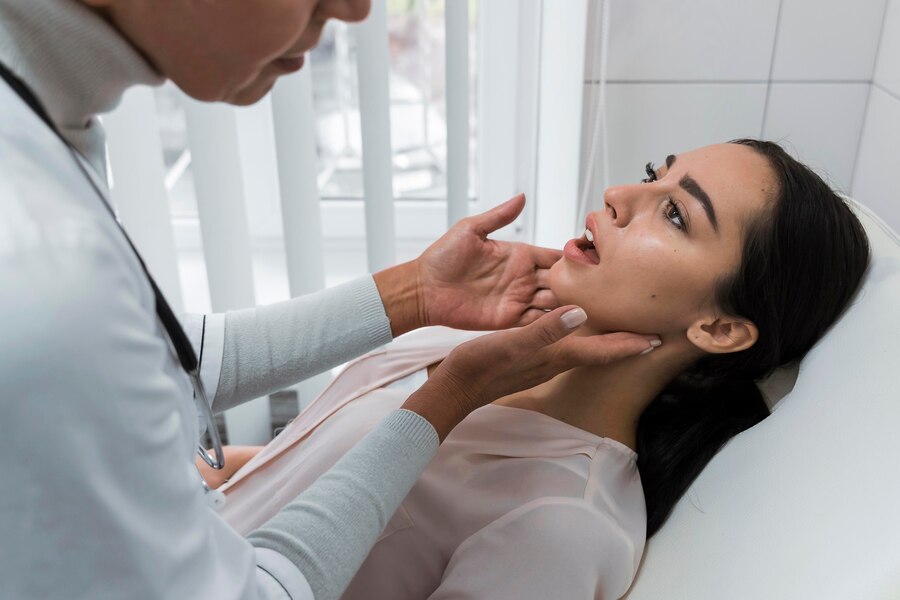Oral Head Neck Cancer


Oral and Head Neck Cancer
ENT stands for Ear, Nose, and Throat, a specialized medical field focusing on diagnosing and treating conditions related to these areas. ENT specialists, also known as otolaryngologists, address issues such as hearing loss, sinusitis, allergies, throat infections, and voice disorders. With targeted expertise, they provide comprehensive care to enhance breathing, hearing, and overall comfort for patients experiencing ENT-related conditions.
Services
Explore Simple Solutions To Treat Snoring and Sleep Apnea

Surgery
Removal of tumors and affected tissue.

Radiation therapy
Targeted high-energy beams to kill cancer cells.

Chemotherapy
Systemic treatment to eliminate cancerous cells.
What’s the follow-up
Patients have scheduled appointments with the healthcare team to monitor recovery and detect changes. Clinicians perform thorough physical examinations to assess healing and check for any lumps or changes. This gets followed up by
01
Imaging Tests
02
Nutritional Support
03
Rehabilitation Support
04
Long-Term Monitoring


Contact us Today
If you have any questions or even wish to schedule an appointment, please do not hesitate to get in touch with us. You can contact us via our official website or by visiting our clinic. We are here to assist you with excellence and compassion.
- +91 9831619111

What are the common symptoms of Oral and Head Neck Cancer
- Tremendous Weight Loss
- Mouth Sores
- Ear pain
- Lumps or Swelling in Neck or Throat
- Persistent Sore Throat
- Changes in Voice
Recognizing these symptoms early can help in seeking timely diagnosis and effective treatment for ear, nose, or throat issues
ENT is The Professional Membership Representing
Well
Experienced
Doctors
Frequently Asked Questions
How is oral head and neck cancer diagnosed
Diagnosis typically involves:
A physical examination by a healthcare provider.
Imaging tests such as CT scans or MRIs.
A biopsy to confirm the presence of cancer cells.
What is the prognosis for patients?
Prognosis varies by stage at diagnosis, overall health, and response to treatment. Early detection significantly improves survival rates
When should I seek medical advice?
Seek medical attention if you experience persistent symptoms, especially if they last more than two weeks. Early intervention is crucial for better outcomes.

